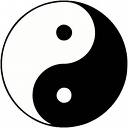We’re coming up on the end of the year of the Yang Water Dragon or Ren Chen. How was it for you? I think it lived up to the predictions of sudden changes and reversals. One step forward, two steps back. A year of hard work just to stay in place, rather than moving ahead.
In terms of the garden I’d say Ren Chen was a good year. I didn’t lose any plants last winter and don’t expect to this year. As I write the Daphne bholua, hellebore and Yuletide camellia are in bloom.
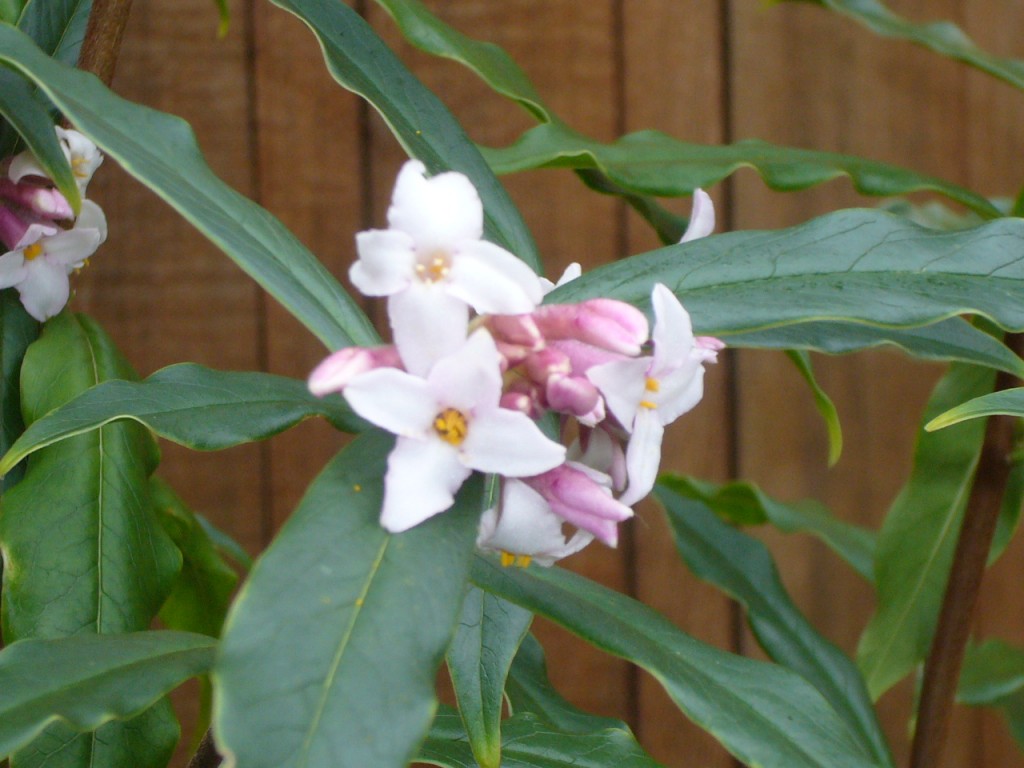
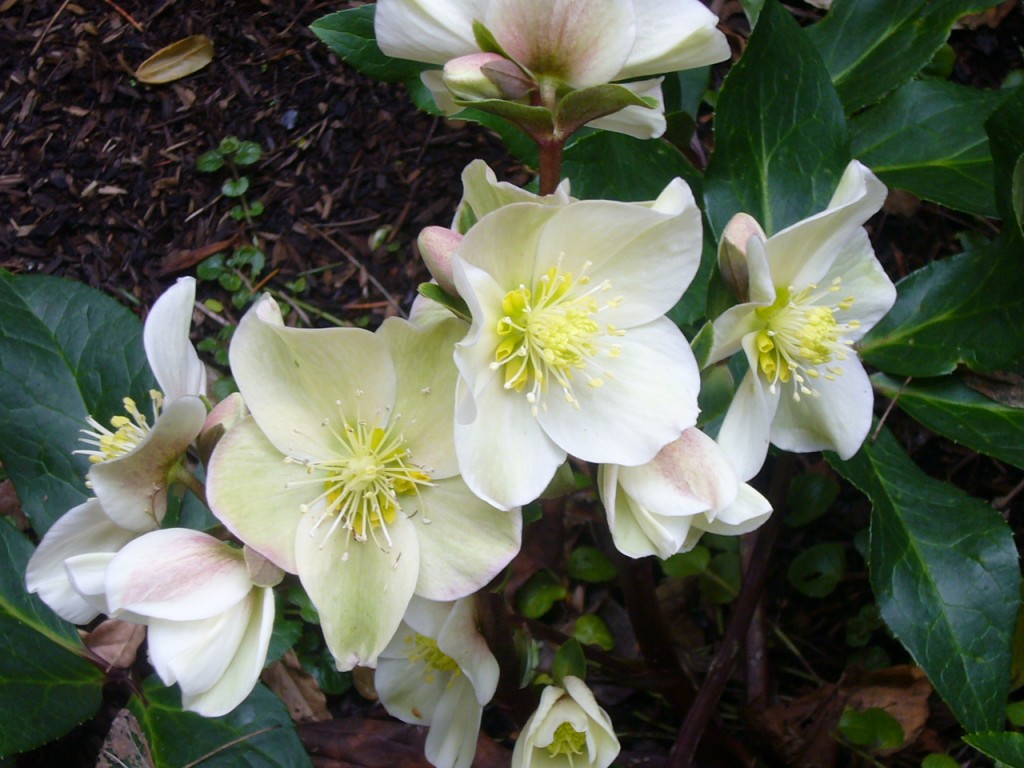
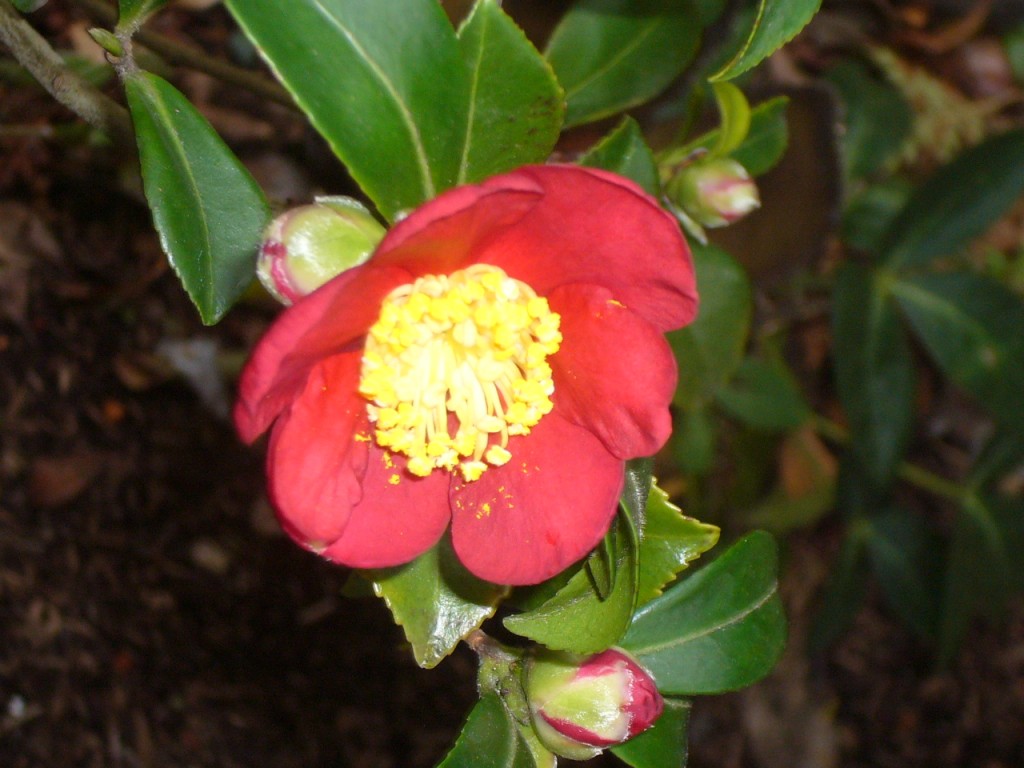
The little gardenia hedge is sheltered enough by it’s location and the more mature plantings this year so no winter damage so far. If I feed it it will probably go like gangbusters this year. The only thing that really stands out about the year in the garden was the very, very dry fall and how much watering was needed even into October.
But now it’s time to start thinking about the coming new year of the Yin Water Snake. In the Chinese Zodiac the sign of the snake is associated with the truth and truth telling and therefore also its opposite: lying.
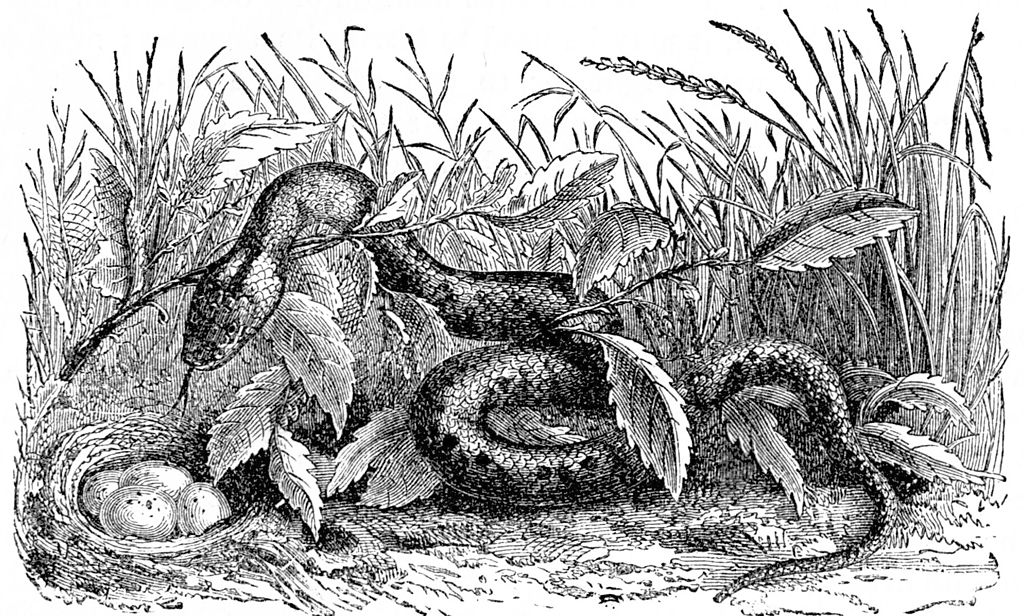
In general you’ll want to be aware that the year of the Yin Water Snake is also called “Snake in the Grass”. Etymologically speaking, the word “snake” describes something that creeps or crawls. The idea is that it’s easy for the snake to go unnoticed until it’s too late. The phrase “snake in the grass” also carries a sense of betrayal and so we sometimes apply it to backstabbers and traitors.
That may give you a hint to proceed with circumspection this year. There may be hidden dangers ahead or you may find that circumstances are not what they seem to be. Be careful of those who are not telling the truth. Don’t be afraid of those who are and are branded as rebels.
In terms of practical matters here’s the least that you need to know if you have projects to do after February 3rd, 2013:
Tai Sui
The Tai Sui or Grand Duke is located SSE (compass degrees 142.5-157.5) in the year of the Snake. If your house faces SSE it is clashing the Tai Sui. You need to avoid activating that direction by minimizing movement. No construction or digging in this area.
Sui Po
The Sui Po sits opposite the Grand Duke so this year it is the Pig and is located at NNW (compass degrees 322.5-337.5). No digging, renovation or construction in this area. If you spend time facing NNW this will be helpful because it puts the Tai Sui behind you.
San Sha
For the year of the Water Snake the San Sha are located in the east from ENE or Tiger mountain to Dragon mountain in the ESE. This covers the compass degrees from 52.5-127.5. Keep the areas quiet; no digging, construction or drilling should be done. Avoid having your back to those directions.
Flying Stars
This year the Flying Stars chart is the same as the Post Heaven Bagua. Here is the Flying Stars chart for 2013:
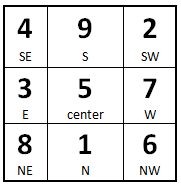
Every house (and every lot) will have the 5 Yellow Disaster star in the center this year. This means you’ll want to try to minimize use, noise and traffic in that area if possible. If the center of your house is an area that is used often, such as a stairway, bathroom or kitchen hopefully you have already hired a feng shui consultant. If you haven’t, this would be a good time to do that.
For most residential lots the house is covering the center of the lot but if this is not the case for you then you must not dig holes, install a fountain, build a playhouse, or install a swingset in the center. Don’t set up the above ground pool in the center. You get the idea.
Four Pillars or BaZi
Another way to look at the new year is to consider Four Pillars.The first day of the new astrological year is thought to set the tone for the year and is used to make predictions for the year.This is the BaZi Chart for the first day of the Water Snake year:
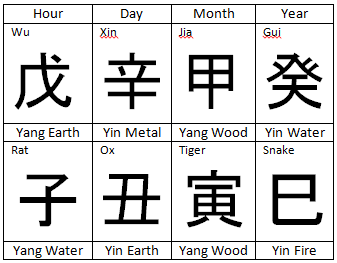
Richard Ashworth predicted that Obama would win the recent election based on his birth chart and the relationship to the chart for 2013. Obama was first elected in 2008 which was the year of the Yang Earth Rat or Wu Zi. The first hour of the Water Snake year is Wu Zi or Earth Rat. Since he won in 2008 the energy of the first moments of 2013 predicted another win and he could be expected to be our president in 2013. The first day of the water snake year is Yin Metal Ox – a match with Barack Obama’s birth year.
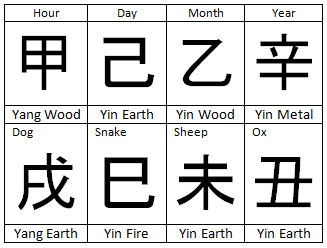
One of the aspects of Chinese Astrology that I find most interesting is the concept of energy/time cycles. For example one might see an Earth Tiger day as the “preview” or “historical perspective” for an Earth Tiger year. I like to keep up with the daily energy by tracking the almanac and taking note of what the day was like for me. If you study Four Pillars this is a helpful way to figure out what your favorable elements are.
I wanted to know what the Water Snake year was going to be like for me so I took note of the day’s feelings and events on November 28th, 2012. That day it was easy to do some clear thinking and writing so I worked on a BaZi chart that had been sent out as homework by a teacher of mine. I got the best feedback that I had ever received from that teacher. I have high hopes for 2013, but just knowing that I can make some real progress with my studies isn’t enough. I have to actually take action. I don’t think 2013 will be my luckiest year but I’ll make the best of what is offered. That way when my luck is really good I will be ready to fly.
Thank you for reading my simple summary. If you want to read detailed predictions for 2013 then check with an expert like Richard Ashworth or Bernice Low (aka BaZi Queen).
Whether or not this is a lucky year for you, keep working hard, doing good deeds and focus on personal growth. Free will and choice are just as important (and sometimes stronger) than any other factors that influence your llfe.


